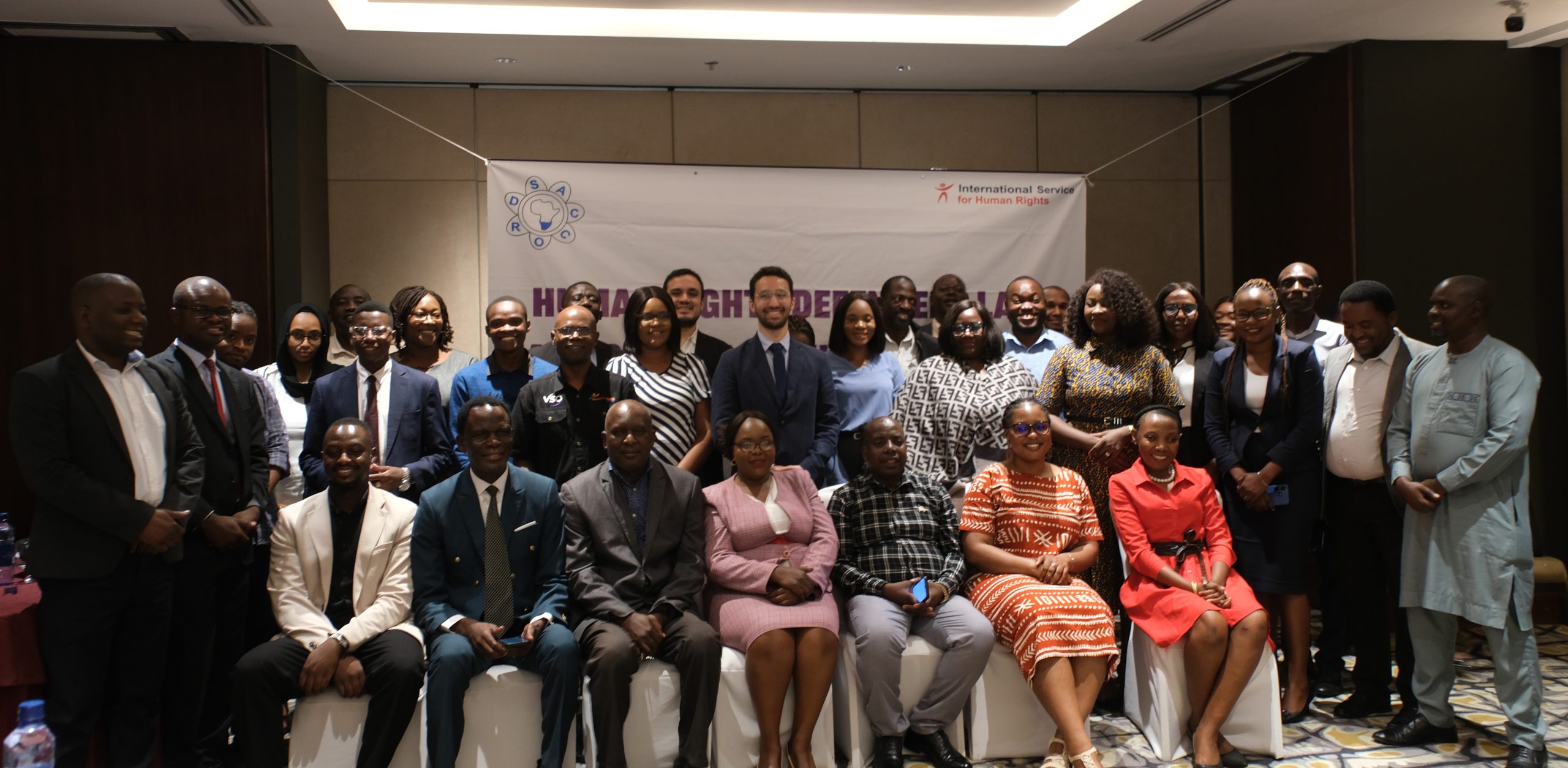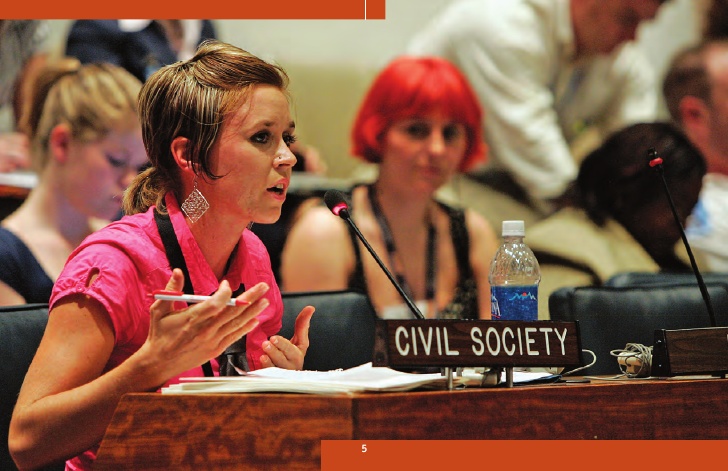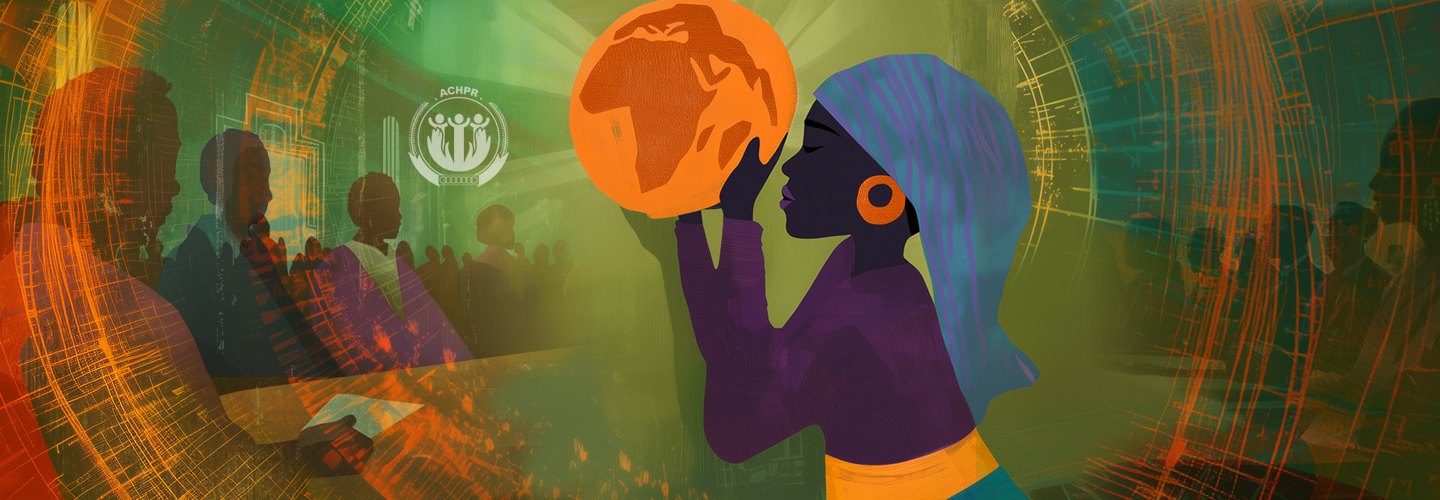The UN’s NGO Committee is failing to uphold basic principles of transparency, due process, non-discrimination and respect for fundamental human rights in its work, say UN experts and civil society organisations.
(New York) – The UN’s Special Rapporteur on the rights to freedom of peaceful assembly and association has added his voice to the alarm expressed about the practice of the UN’s NGO Committee, which acts as the gatekeeper to NGO participation in many UN bodies and processes. The Special Rapporteur’s call comes on top of an unprecedented mobilisation of over 230 NGOs from around the world calling this week on the Committee to respect basic principles of transparency, due process, non-discrimination and respect for fundamental human rights in its work.
In a commentary published today, UN expert Maina Kiai condemned yesterday’s vote at the NGO Committee against granting accreditation to the Committee for the Protection of Journalists (CPJ). States including Azerbaijan, Burundi, China, Cuba, Nicaragua, Pakistan, Russia, South Africa, Sudan and Venezuela all voted against accrediting CPJ, striking a blow against freedom of expression, a free press, access to information, and the protection of journalists.
According to the Special Rapporteur, despite repeated expert calls for reform of the practice of the Committee, including through his own report to the UN General Assembly in 2014, ‘not much has changed’.
‘The practice of NGO harassment by some Committee members’ continues to ‘profoundly undermine the ability of the United Nations to constructively engage with civil society,’ Mr Kiai said.
According to ISHR’s Eleanor Openshaw, the practice of many States at the UN’s NGO Committee in seeking to silence civil society is emblematic and reflective of attacks and restrictions on civil society at the national level, a view shared by the Special Rapporteur.
‘The same governments that are restricting NGOs domestically are stepping up efforts to take away NGOs’ voices on the international stage as well. They are doing this by hijacking, and subsequently closing, the main door used by civil society to enter the United Nations system: the Committee on NGOs,’ Mr Kiai said.
By contrast, States that stood with civil society and on the side of freedom of expression and association by voting in favour of CPJ included Greece, Guinea, Israel, Mauritania, the US, and Uruguay.
Speaking immediately after the vote, US Ambassador Samantha Power noted, ‘We are extremely disappointed by today’s vote. It is increasingly extremely clear that the NGO Committee acts more and more like an anti-NGO committee.’
ISHR’s Eleanor Openshaw noted, ‘In voting against granting accreditation to the Committee on the Protection of Journalists, the NGO Committee has shown its practice is to bring restrictions on civil society experienced globally, to the heart of the UN. This is a bad day for press freedom and for rights to access and participate at the UN. ECOSOC must ensure this Committee takes politics out of its practice and acts in accordance with UN human rights instruments, including the International Covenant on Civil and Political Rights and the Declaration on Human Rights Defenders.’
The NGO Committee will consider to assess NGO applicants for consultative status today, including that of the International Dalit Solidarity Network (IDSN), which has had its application for status delayed and denied for around eight years.
ISHR has previously published a comprehensive guidebook for NGOs seeking to obtain consultative status at the UN in both English and Spanish.




